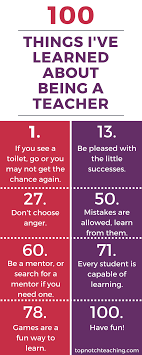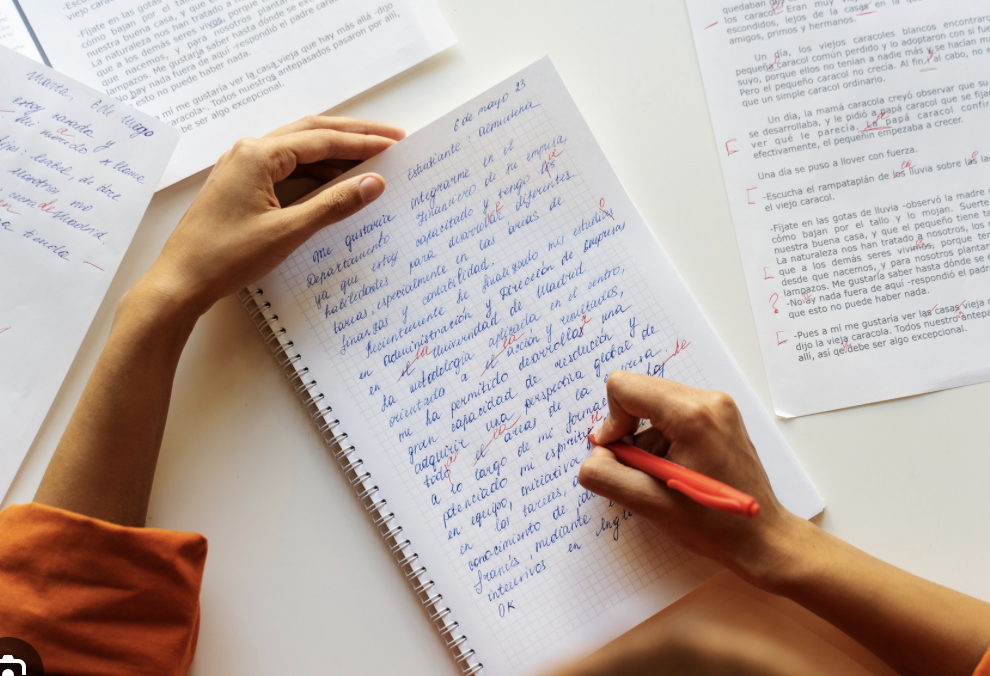
For a long time, the Shakespeare we met in high school felt like a historical monument rather than a person. He was taught as a set of rigid rules: iambic pentameter, complex metaphors, and a glossary of “old” words that felt like a barrier to entry. We studied him as a literary deity whose genius was so absolute it felt supernatural. In classrooms, the focus was often on the “perfection” of his structure, which inadvertently turned him into a statue—brilliant, yes, but cold and untouchable.
The Hamnet movie completely subverts that academic tradition. It takes the “Bard” we were forced to analyze and replaces him with a man who was clearly just trying to survive his own life. By centering the death of his son, the film recontexturizes the plays from “required reading” into raw, private documents of grief. When you see a father struggling with the guilt of being away while his child was dying, the soliloquies we used to memorize for exams suddenly stop being “art” and start being survival tactics.
This shift makes his work feel accessible in a way a textbook never could. It tells students that you don’t need a PhD to understand Shakespeare; you just need to have felt loss or love. In 2026, we’re finally moving away from worshipping the myth and starting to empathize with the man. Hamnet shows us that his genius didn’t come from some divine source, but from a very human heart that was broken and trying to make sense of the world through ink. It’s a much-needed reminder that before he was a legend, he was just a person.
Joseph Katz










